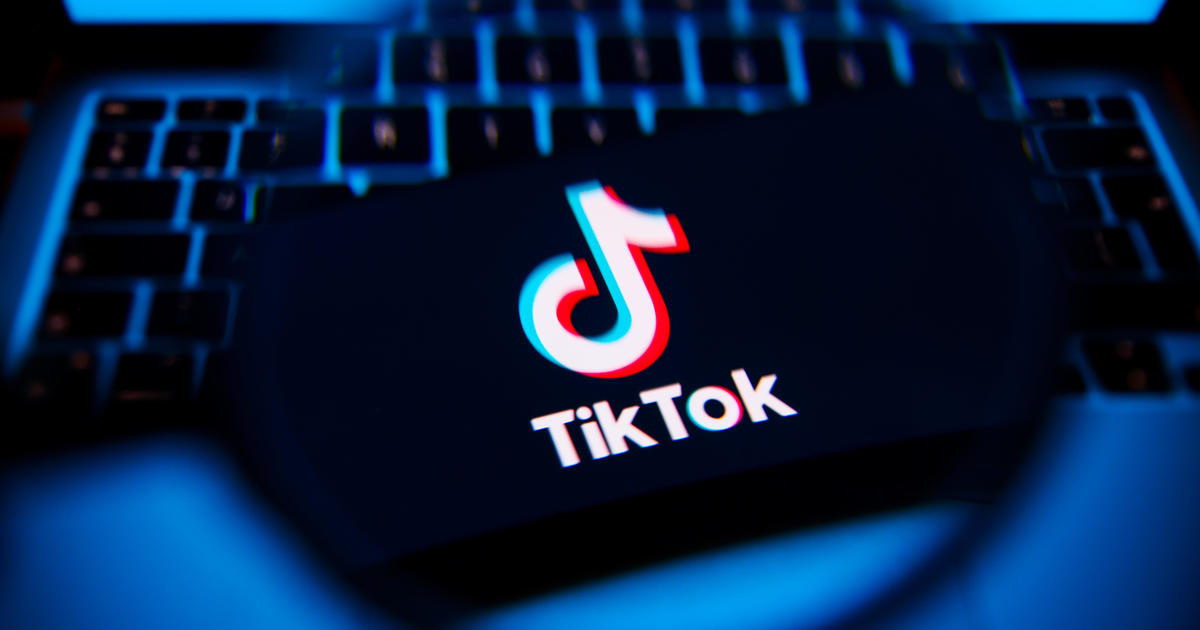The House passed legislation Saturday that would ban TikTok in the United States if the app’s China-based owner does not sell its stake within a year. The decision was part of a larger foreign aid package, fast-tracking the ban after an earlier version had stalled in the Senate. A compromise bill with a one-year selling deadline passed by a 360-58 vote and now goes to the Senate. Even if the legislation becomes law, ByteDance Ltd., TikTok’s owner, would likely challenge it in court, potentially delaying the ban’s implementation.
ByteDance lobbied against the legislation, urging its 170 million U.S. users to contact Congress. However, the pushback angered lawmakers who have concerns about Chinese threats to the U.S. Few members of Congress use the app themselves, highlighting the disconnect between the platform’s user base and decision-makers in Washington. TikTok CEO Shou Zi Chew vowed to continue advocating for the platform and protect the rights of its users, hinting at potential legal challenges if the ban is enacted.
The swift passage of the bill targeting TikTok is notable as Congress has historically taken a hands-off approach to tech regulation. Despite efforts to address online child safety, user privacy, and platform liability, lawmakers have been slow to act. The TikTok ban reflects broader concerns about China, with bipartisan worries that ByteDance could be compelled to hand over user data or manipulate content in favor of Chinese interests. TikTok has denied these allegations, stating it has not shared U.S. user data with the Chinese government.
The potential ban on TikTok underscores the growing bipartisan consensus on the need to address national security threats posed by Chinese-owned tech companies. Lawmakers are concerned about the influence and reach of these companies, particularly in the realm of social media and data collection. While TikTok has become immensely popular among young users, its ties to China have raised red flags among policymakers. The bill’s passage signals a shift towards more assertive measures to protect American interests in the tech sphere.
As the legislation moves to the Senate, ByteDance will likely explore all legal avenues to challenge the ban, citing concerns about First Amendment rights and the impact on millions of users. Court challenges could delay the ban’s implementation or prevent it from taking effect altogether. The outcome will have significant implications for the future of tech regulation in the U.S. and the broader debate over national security and data privacy in the digital age.









